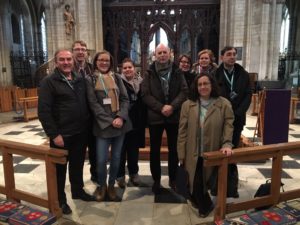 The team of GI-Learner
The team of GI-Learner
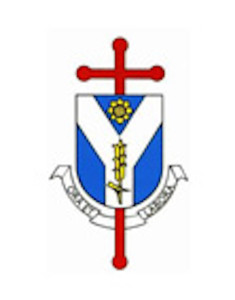
Sint-Lodewijkscollege, Brugge Belgium (coordinator)
Sint-Lodewijkscollege is a secondary general education school with a long tradition in Bruges on European projects, in fact we were one of the founding fathers it and we already had projects going on before the start of the programmes of the European Commission (since 1988). We have had exchange projects and content related projects on art, language and science with almost any European country. The school is e.g. also a pionier on bilingual teaching, giving the opportunitiy to pupils to follow lessons of history and all science subjects partly in English. This gives them extra tools for guidance in higher education.
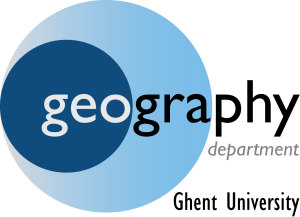
Geography Department, Ghent University, Belgium
Ghent University (UGent) is a socially committed and pluralistic university that is open to all students, regardless of their ideological, political, cultural or social background. It defines itself in a broad international perspective.
In its mission statement it stresses internationalisation as the basis for the process of change and for strategic policy planning at all levels while safeguarding its own language and culture. UGent is now one of the most important institutions of higher education and research in the Low Countries. UGent yearly attracts 41000 students, with a foreign student population of over 3,000 EU and non-EU citizens. With a staff of 8,300 it is one of the largest employers in the province of East Flanders. Diversity, participation and orientation towards competences are the basic elements in the human resource policy of UGent. The CartoGIS cluster of Ghent University geography department is the only center in Flanders dealing specific with GIS and cartography, the digital earth tools. The center is specialized in all kind of research with the digital earth tools. In the past CartoGIS already participated in a lot of educational projects dealing with digital earth tools, e.g. development of educational products like ‘COSMAS the space reporter’ or cooperation at the Belgian Earth Observation Platform (BEO). Many students who also take a minor in education choose as thesis subject digital earth tools and education. CartoGIS is also closely involved in the recent taskforce with the Flemish government to promote GI-studies in Flanders.
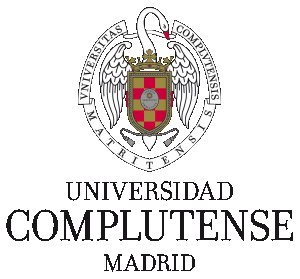
Geography Department Universidad Complutense Madrid, Spain
The Complutense University of Madrid (UCM) has been recognized as an International Campus of Excellence. It counts for 10 % of Spanish scientific production with over 10.000 researchers. The Complutense research group (931335): “Innovation
in the teaching and learning geography under the EHEA (GEODIDAC)” will lead the project. It is an interdepartmental group headed by Dr. María Luisa de Lázaro y Torres of the Human Geography Department. It also has members in the Didactics in Social Sciences (Geography, History and History of Art) department, as well as in the department of Geology and Geography (León University). All members of the research group are strongly involved in the board of all the Spanish Geographical Associations (Royal Geographical Society and the Association of Spanish Geographers).
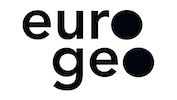
European Association of Geographers
EUROGEO is a European scientific society, which networks geographers from all walks of life. The Association is a not-for-profit organisation which aims to: * develop, support and promote policies designed to advance the status of Geography * establish and promote cross-border cooperation * promote education and training in Geography from a European perspective * represent nationally and internationally the views of its members In terms of role, EUROGEO is an international NGO with wide membership. EUROGEO has very wide experience in national and European projects in education and training. Colleagues have acted in a wide variety of contexts so the association will therefore take a major role in leading one of the work packages (WP5) and examine future perspectives. EUROGEO will contribute to the management of the proposal, examples and ideas to project research and it will also contribute significantly to the dissemination of the project through its broad connections across Europe. EUROGEO will be very active in dissemination through its members worldwide and its extensive database of contacts. EUROGEO will provide a partner platform for project development discussion and collaboration (moodle.eurogeography.eu/). This will ensure a rapid start to the project and excellent communications. Deliverables and outcomes will be stored there for reporting. EUROGEO will also help organise a meeting of the consortium.
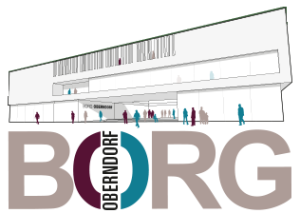
Borg Nonntal secondary school, Austria
BORG Nonntal is an upper secondary school (K9-12) in Salzburg, Austria, workplace of some 70 teachers and 400 students. In 2011 a new school location was founded in Oberndorf/Salzburg. BORG Oberndorf is part of BORG Nonntal and lead
by the same director until the new school will become independent. BORG Oberndorf is actually playing the main role in this project. 8 classes from K9-12 are taught by 25 teachers, students can choose between arts- and science-focused education.
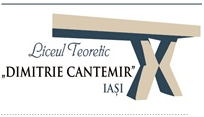
Dimitrie Cantemir secondary school, Iasi, Romania
With a history of over 50 years, the high school “Dimitrie Cantemir” has gained the reputation of a modern school, in a friendly environment that offers a high quality education, meeting the standards of a school of the future, greatly adapted to both Romanian and European societies. Proved by the approach taken so far, our high school aims to develop an educational system based on moral values, competency and responsibility. The sixty-six teachers that work in our school have as a main objective the high level of training for all these students at different profiles. For 2014-2015, our school accommodates approximately 1000 students over 34 classes: 11 classes in the middle-school and 23 in the high school. Among the middle school classes, there are some of advanced English, French and Spanish, sports. For the high school level, there are advanced maths- computer science as well as natural sciences classes– for the profile “real science” and for the profile “human science”, there are social sciences and philology ( bilingual English and bilingual Spanish). Some classes are oriented on advanced computer science and others on English advanced. Part of our students community comes from the rural background or from families of which at least one pf the parents is working abroad. This is a delicate matter, these children require a special attention from school due to their unstable emotional environment.

King’s Ely secondary school, Ely, UK
An educational establishment, taking students from ages 2-18. With almost 300 staff (including teaching staff) and just under 1000 pupils, this is a large school, with buildings spread across the city of Ely, and forming one of the major employers. There are specialisms in Music (the school has its own Music School and links with Ely Cathedral) and the Geography department has a Centre of Excellence status from the Geographical Association. There is also an International School, which takes students from a number of countries and develops their language skills before they enter the main school.
Besides the core partners of the project, other partners are interested to cooperate and help with dissemination and testing.
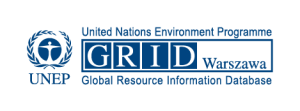
UNEP/GRID-Warsaw Centre
Established on 17 September 1991, is a member of the GRID (Global Resource Information Database) global network developed by the United Nations Environment Programme (UNEP) to foster sustainable management of natural resources. We are one of the few specialized centres in charge of collecting, processing and facilitating access to environmental data and information as well as promoting spatial data and GIS (Geographic Information Systems) applications. Officially
registered as an NGO (the branch of the National Foundation for the Environmental Protection), we cooperate with many national and foreign partners – local authorities, educational institutions and companies implementing CSR (Corporate
Social Responsibility) approach.
![]()
